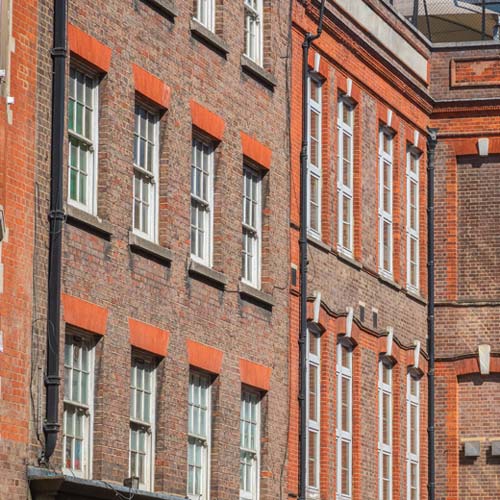
A common question or query on a block of flats insurance is, “What is the difference between the declared value and the buildings sum insured?”
Most property insurance policies, whether it is standard let or home insurance, only tend to show a figure for “buildings” – however when insuring a block of flats, underwriters tend to show a Declare Value and a Sum insured.
Declared Value is not to be confused with the “Declared Market Value” – The Declared value for insurance purposes is the total cost of rebuilding the property including all fixtures and fittings and surrounding property for which the owner is responsible for.
The Declared Value is then subjected to Day One Uplift, and the uplift value is called a “Building Sum Insured”.
Day one uplift was introduced to protect property owners against inflation. In the late 1970s and early 1980s the UK experienced very high inflation rates. At times, the annual rate of inflation approached 25%, which caused countless problems for both insurers and policy holders.
You needn’t worry about calculating Sum insured value, this is handled by your insurer, though what you need to be confident of is that you are providing the correct declared value for your block of flats. Unfortunately we cannot provide this type of information, but the best way to get the accurate figure if you are unsure is hiring a qualified surveyor to carry out a rebuilding cost valuation.
If your block is insured for too little, your policy will not pay out enough for the full cost of repairing or rebuilding it if is damaged or destroyed. If you under insure your buildings, in the event of any claim, insurers usually only pay out a % of how much you are under insured by. So for instance if the correct declared value of your block was £200,000 but you insured it for £150,000, and you wanted to claim for £5,000 on an insurable peril, your insurers would only pay out the amount minus the % you are under insured by, so for the aforementioned example, it is 25% under insured, for a £5,000 claim you would only be reimbursed £3,750.




